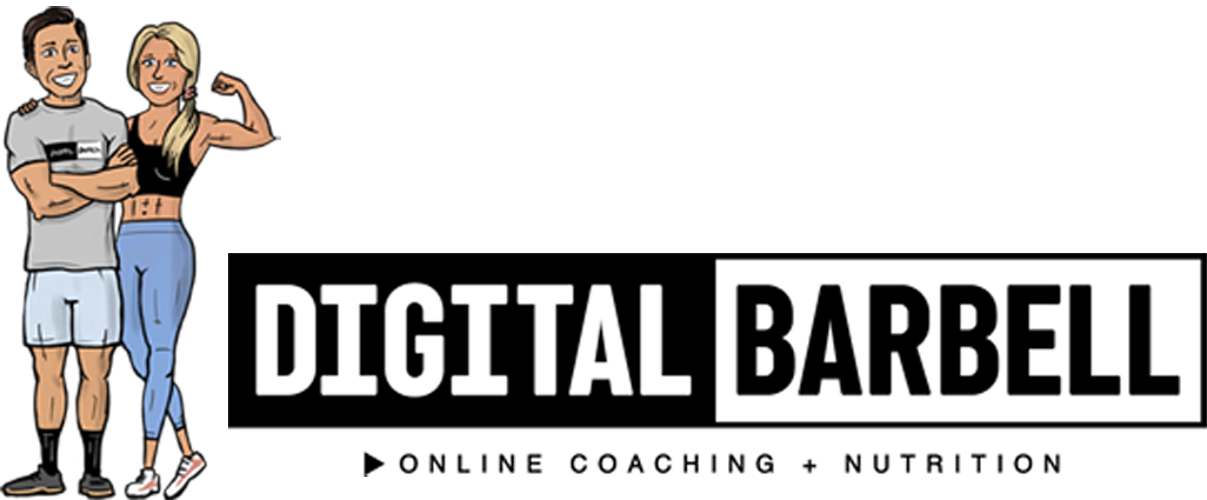
FREE CONTENT
If You Have a Question, We’ve Likely Written A Blog About It!
5 Tips To Avoid Gaining Weight on a Road Trip!
If you’re like us, you can get pretty darn snacky when you’re on a long road trip. Add that to all of those restaurant meals and you might return home needing new pants.
Here are 5 practical tips we use to stay on track while traveling!
Is Protein Important To Eat & How Much Protein Per Day Should You Eat?
I know I know, you’re thinking “This guy must be sponsored by Big Chicken and get some sort of kickback ever time we buy one.
Maybe I do, maybe I don’t 😉
But it’s important, still largely misunderstood and most people don’t get enough of it so I’m still talking about it!
26 Healthy Foods You Can Buy On A Budget
As it stands, after housing, most Americans spend more money on food than anything else in their budget.
According to the Bureau of Labor, the average household spends about $8,000 on food in 2018. (about $3,500 of that was spent at restaurants and the rest was spent at the grocery store).
Any way you slice it, it’s a lot of money.
The cost of food increases slightly year after year and as a culture we are eating out at restaurants more and more.
It’s no secret that making your own food at home is substantially cheaper than buying it already prepared from a restaurant. But even within the walls of the supermarket there are a lot of choices that an affect your grocery budget bottom line.
How To Find Your TDEE and How Many Grams of Protein, Carbs and Fat To Eat
We know that calories are our energy source.
The main factor in weight gain or loss is calories in vs calories out (it’s really that simple).
If you want to maintain your body weight you need to eat around the same number of calories that you are burning.
If you want to gain muscle you need to be eating more calories than you are burning.
If you want to lose fat, you need to be eating less calories than you are burning.
Even though we know all of these things we still may not know how much and what to eat!
The Vitamins, Minerals and Micronutrients You Need and How To Get Them From Your Food
Today we’re talking micronutrients.
You already know all about macronutrients (protein, carbohydrate and fat) so if you’ve ever wondered why we say you also need to consider your micronutrients to maintain your health… wonder no more!
We need micronutrients to keep us healthy, to keep our systems functioning properly, and for our body to do a bunch of other tasks that we don’t even know are going on. So sit back, relax, and grab a bowl of liver and mushrooms (you’ll see why in a bit) and read up.
Note: This is just simplified overview of vitamins, the foods they come from, what they do, and what happens if we don’t get enough. Remember that this list isn’t exhaustive and everyone’s needs vary.
Is Sugar Bad? Is Fruit Bad? How Much Sugar Should I Eat Per Day? Here we go!
Let’s talk about sugar.
The average American can easily consume over 200g of sugar a day. Thats about 150g over the recommended daily dose for a healthy, exercising person. A sedentary and inactive person should actually consume even less. Have you ever looked at your sugar intake in a day? It can be eye opening and worth the effort. Use an app like MyFitnessPal to look up foods that you consume throughout the entire day and keep track of the total grams of sugar. You’ll not only get the number of grams that you ate but from this list you can also identify which foods contain the most sugar should you need to work on eliminating or substituting certain foods.
What happens when we eat too much sugar?
The main issue here is fat storage but not FROM the sugar but BECAUSE OF the sugar.
Here’s why:







